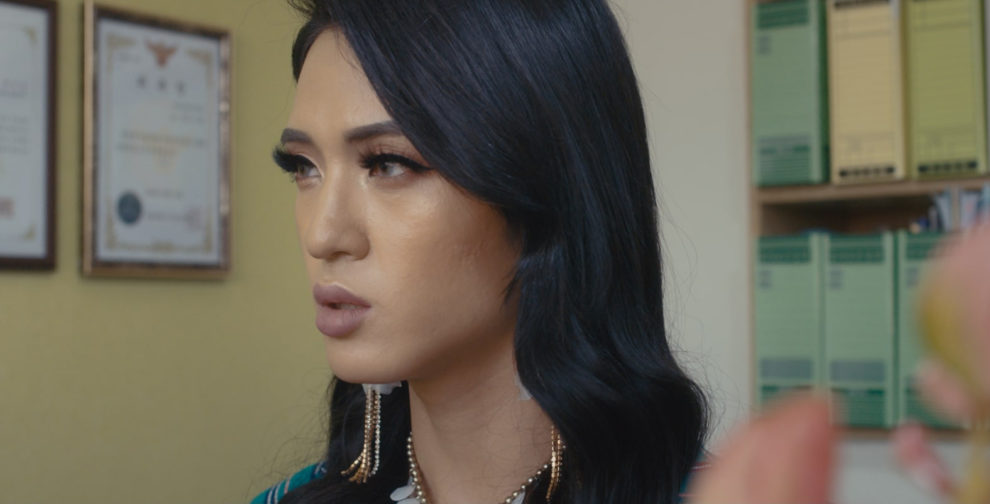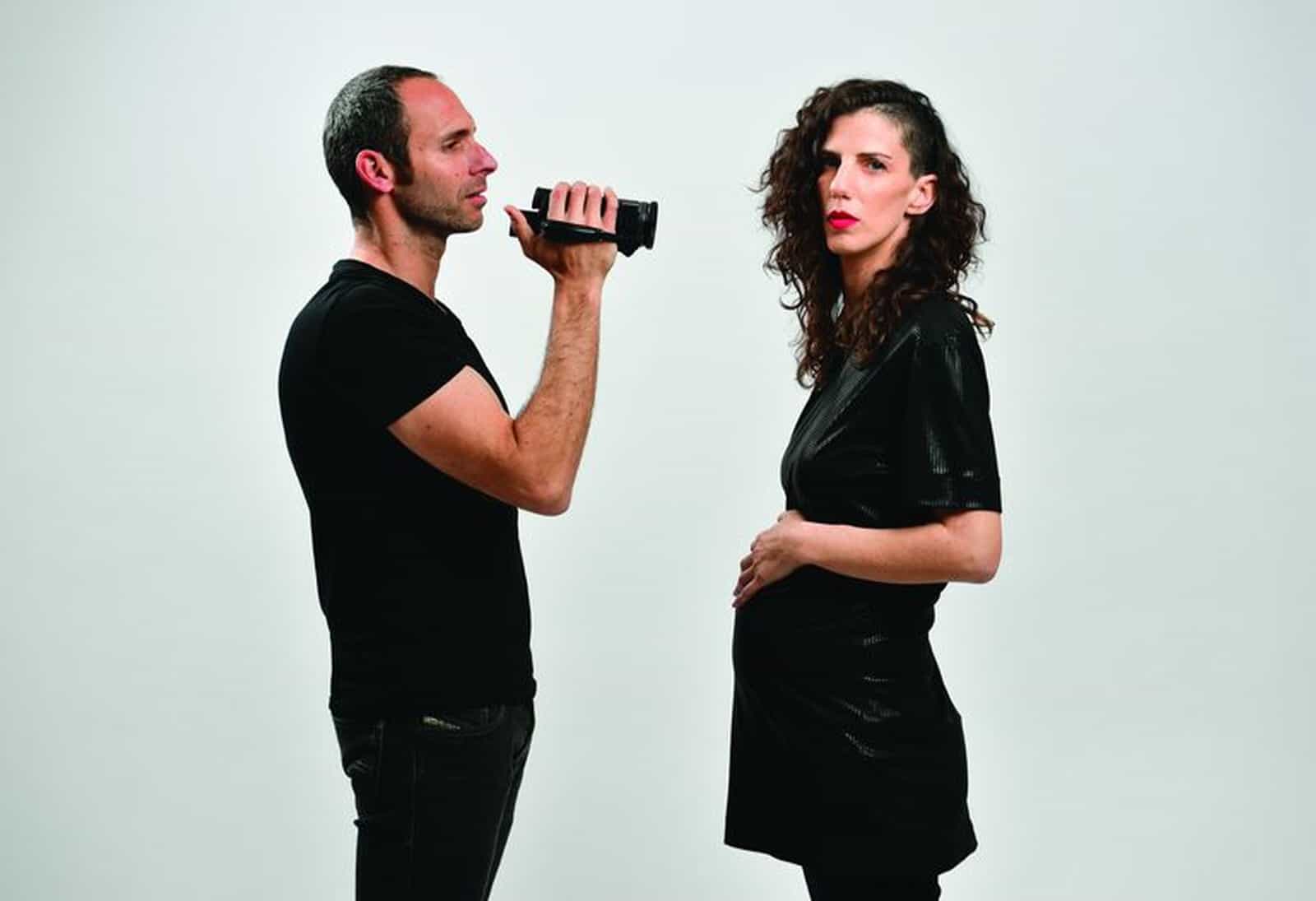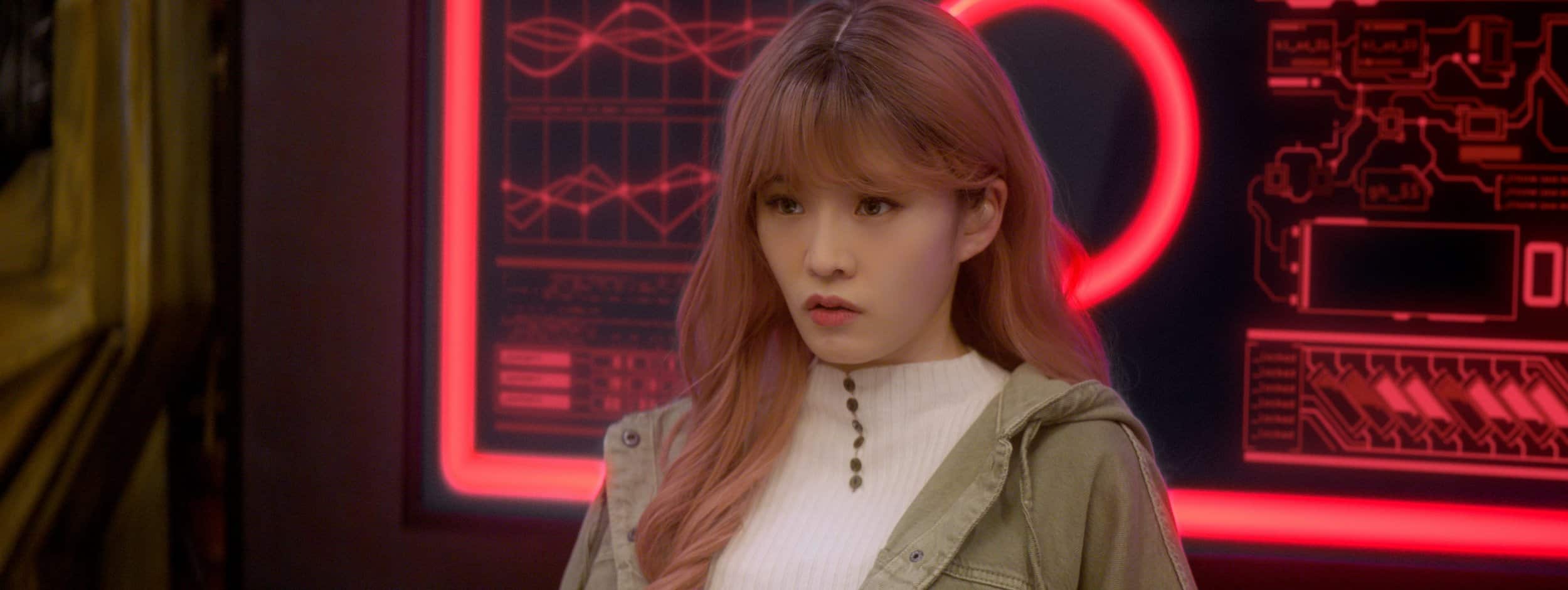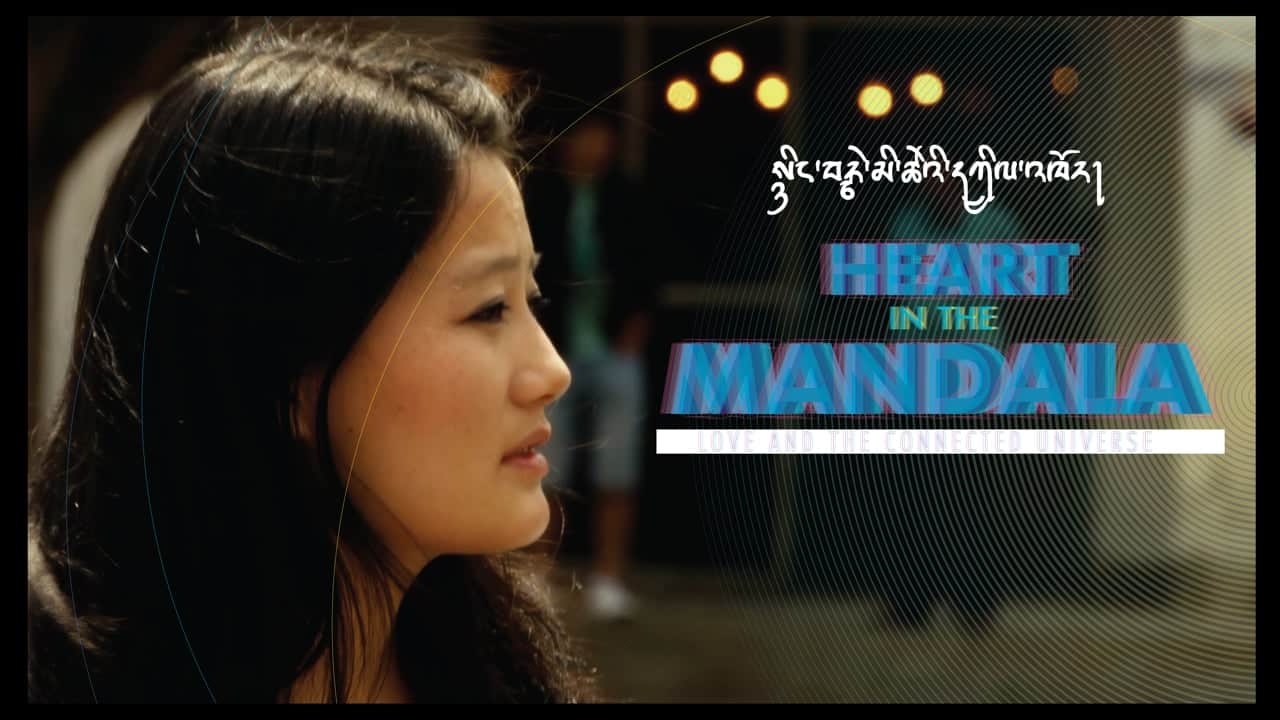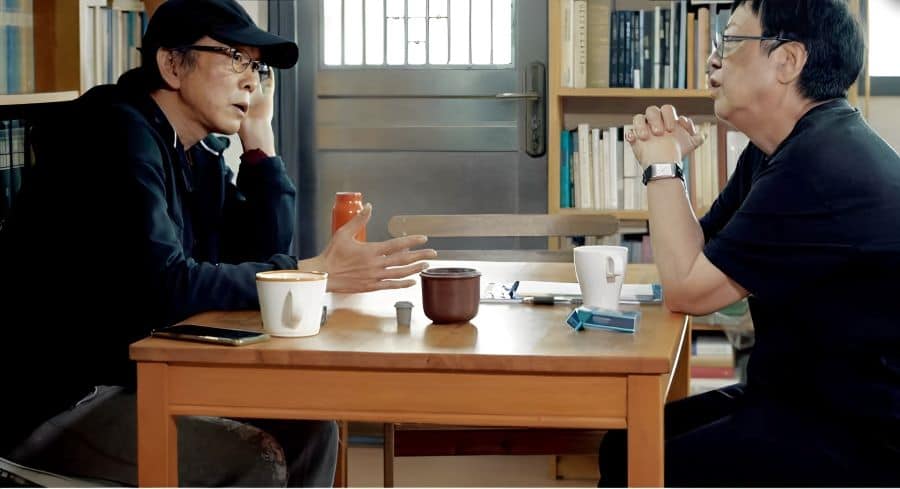It's not very often in Korean cinema (or, let's be honest, Asian cinema) (or, let's be really honest…cinema) that the trans experience is represented with the care and genuine attentiveness it deserves. Only a handful of times has trans representation been handled by the Korean film industry, to various degrees of success. A notable attempt that comes to mind is the 2010 comedy “Lady Daddy” (cringing yet?), whose name refers to ‘ladyboy', the dehumanizing title given to trans women in Asia. While the film itself, for all its shallowness, is passable, its name alone suggests a lack of crucial understanding of what it means to be transgender, and is a far cry from the poignantly titled 2020 short in question – “God's Daughter Dances”. Winner of The King of Comedy Best Film and DGK Vision at this year's Mise-en-scene Short Film Festival, Byun Sung-bin's debut is an empowering and necessary indictment of transphobia in South Korea and beyond.
“God's Daughter Dances” is screening at London Korean Film Festival

Shin-mi, a transgender woman, is a popular dancer at a gay club in Korea. Beloved by a small but dedicated fanbase, and supported by her colleague and mentor – “mom” – Shin-mi finds freedom and community in this microcosmic world that embraces her without reservation. Unfortunately, the outside world remains cold and reluctant to change, a reality Shin-mi is soon reminded of after being called upon to take her examination for mandatory military service. During the examination process, Shin-mi is degraded and shamed, but is determined to keep hold of the only power afforded to her – her identity.
Within a brisk 24 minutes, it's pleasantly surprising that Sung-bin is able to touch on many different aspects of the trans experience without overstuffing his short runtime with tangents and contrivances. By placing the narrative in an environment that could easily be abrasive towards a transwoman (a military service examination centre, naturally), Sung-bin allows for a spectrum of conflict; Shin-mi encounters microaggressions – “you look like a real woman” – to more direct discrimination – an uncomfortable moment sees her examining doctor accuse her of lying to avoid military service, shame her, and aggressively demand she undress to prove her identity. It's not an easy scene to watch, and it shouldn't be. Despite this, Sung-bin makes it a point to end on an unapologetic, on-the-nose-but-who gives-a-crap middle finger to transphobia that's as empowering as it is cackle-worthy. The poetry isn't all lost though, as director Byun plants obvious but affective symbolism at the beginning of the film that wraps around seamlessly to tie in to the ending, letting the audience know that for her, dance is more than a hobby – it's liberation.
First timer Choi Hae-jun is perfect as Shin-mi. Seemingly playing a version of herself – no more, no less, exactly what this kind of film needs – Hae-jun brings an authenticity that is exactly what's been missing from SK's trans stories thus far. Instead of a cis woman playing trans (*cough* “Lady Daddy” *cough*) and misrepresenting the trans experience, through Hae-jun we're given a genuine and trusted insight into the world of this community. She plays the part with knowing, necessary resilience, and it's truly moving to see.
Byun Sung-bin's touching and defiant transgender tale is a refreshing taste of representation that, in a perfect world, the trans community would be drinking by the gallon. Elevated by empowering symbolism and an authentic lead performance, these are the type of trans stories SK should be telling. Hell, a decade after “Lady Daddy”, It's certainly a start.


